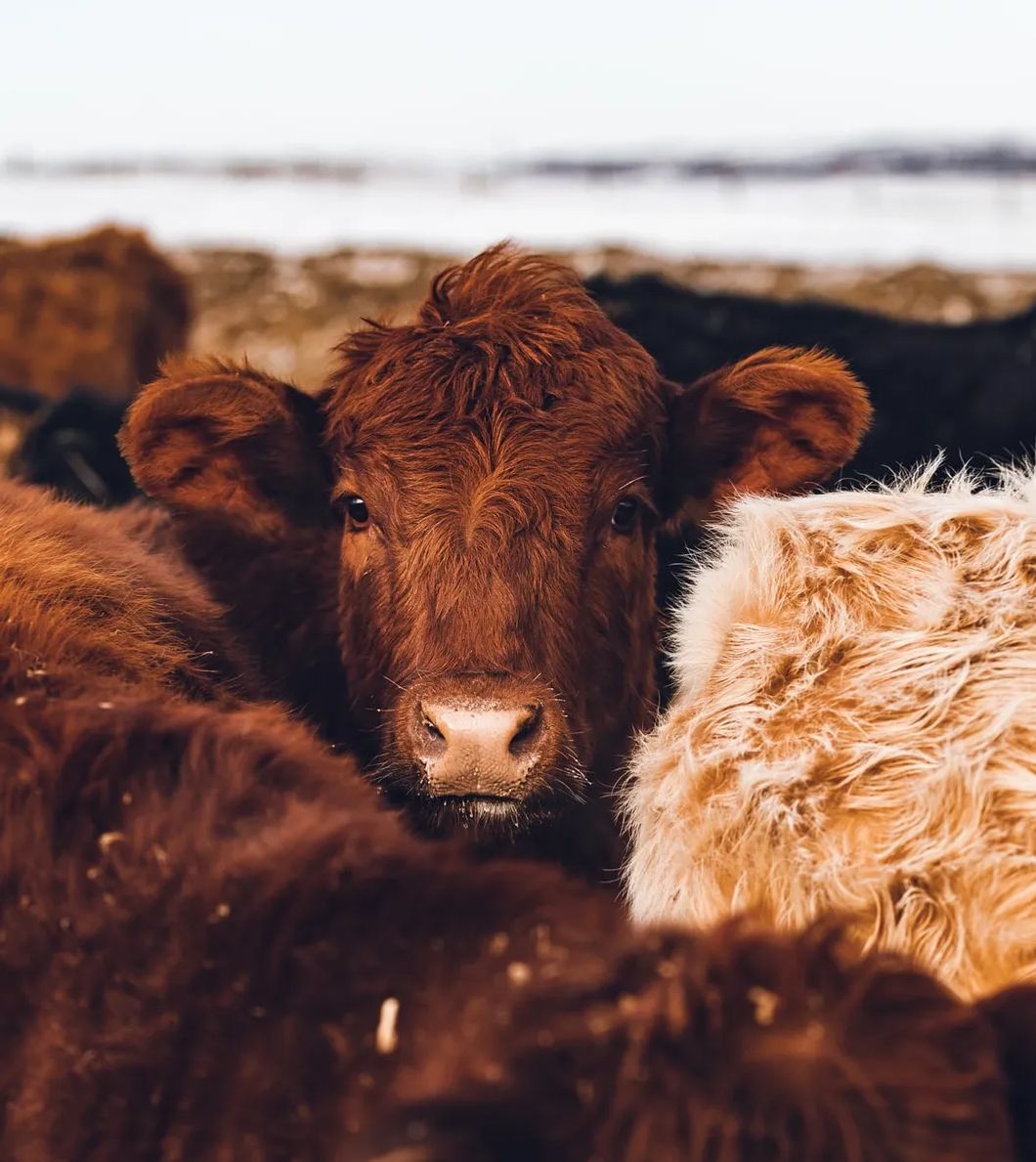Sound & independent advice

Mérieux NutriSciences | Blonk is an international leader in environmental and sustainability research in the agri-food sector, with 20+ years of experience.
Our work is always based on quantitative analyses and independent data, integrating a life cycle thinking approach encompassing the whole value chain. This approach generates comprehensible and transparent results that will be of most value in giving shape to sustainability. Our team delivers clear and practical advice based on sound, independent research in close cooperation with you.
Tailored to your needs
Whether you work for a business, government, sector organization, or non-profit organization, our approach will always suit your and your organization's needs. As such, we offer you tailored research, advice, and software and data solutions.
What do we bring you?
Actionable footprint management
Implementing environmental footprint management into your organization and making it actionable for you, paving the way to a sustainable and healthy planet
Enable and empower you
Enabling you to understand and improve environmental performance and empowering your decision support and innovation strategies
Sustainability starts with understanding the facts
We believe that transparent and honest information will be of most value to your business or organization






